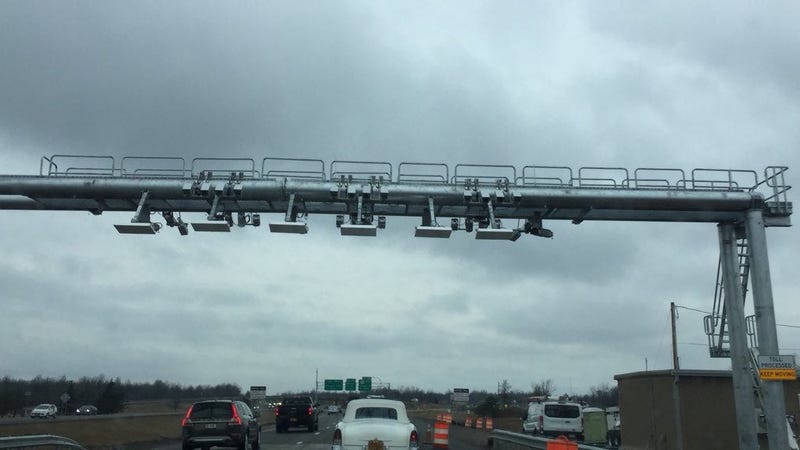
GRAND ISLAND, N.Y. (WBEN) - With cashless tolling expected to be the norm statewide by the end of 2020, members of the Thruway Authority and EZ-Pass held an outreach program on Wednesday to address and solve any concerns.
Thruway Authority Commissioner Matthew Driscoll told reporters that less than four percent of drivers who have used cashless tolling (24 million transactions) received a fine with the new system. As of 2017, there are more than 12 million people in the United States who have a drivers license.
"We're asking the court to find that that fee is just excessive," Heller said. "A $50 fine on a $1 toll is excessive. We're also asking the court to make the Thruway Authority implement a system to dispute the imposition of this fine so that if they do get caught up in this system, they can say they didn't get the bill or maybe there's another reason why they shouldn't have to pay the fine."
"Make sure your address is up to date," Christensen said while Driscoll said bill notices are given out in intervals of 30 days, 60 days, and 100 days.
"Some issues have been noted where some will suggest they haven't gotten their bill in the mail for whatever reason," Driscoll said. "But they do get that violation notice. We know people are getting mail in many cases and we urge people to act on that quickly. If you get that bill within 30 days, pay it right away and it removes all the issues you may experience."
Heller also said there's issues with the state's website and customer service by phone.
"The problems with this system run deep," Heller said. "There's a huge backlog of unprocessed tolls. The New York Thruway Authority knows its contractor, Conduent (Local Solutions, Inc.), has had problems not only in this state but in other states. There's a deep-seeded problem with the system."
Heller has low expectations for the cashless tolling system once its implemented statewide by the end of next year.
No future outreach dates have been announced, though a spokesperson for the Thruway Authority said there will likely be more as cashless tolling expands.
